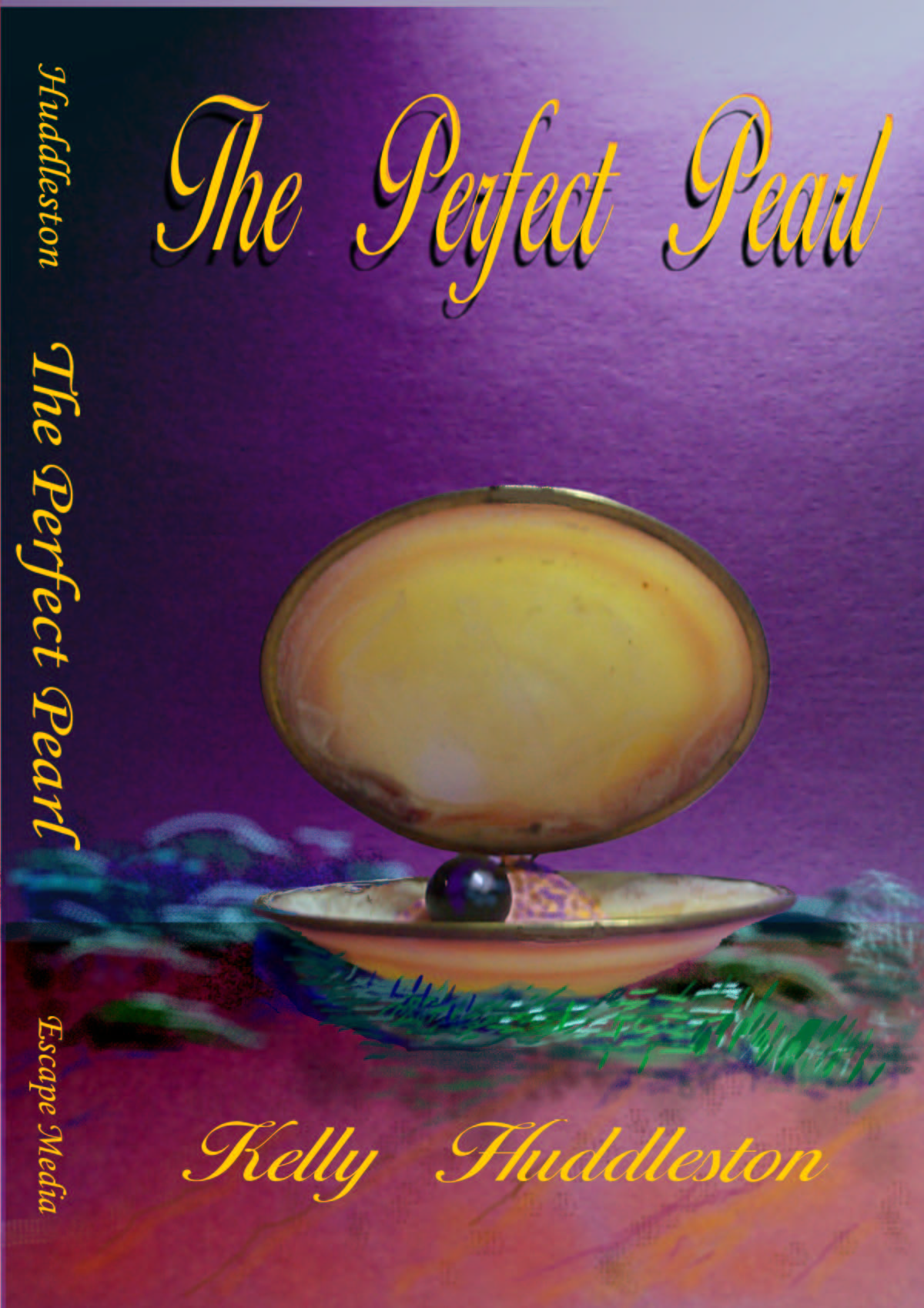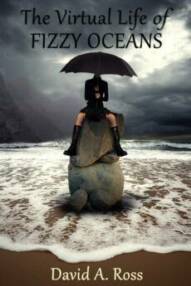© Moronic Ox Literary Journal - Escape Media Publishers / Open Books
Moronic Ox Literary and Cultural Journal - Escape Media Publishers / Open Books
Novel Excerpts, Short Stories, Poetry, Multimedia, Current Affairs, Book Reviews, Photo Essays, Visual Arts Submissions
Advertise your book, CD, or cause in the 'Ox'

Beginning to think in a totally new way...
THE VIRTUAL LIFE OF FIZZY OCEANS and the VENUS PROJECT
David A. Ross
A few days ago a friend and I were discussing worldwide economics and the effect it has on world culture. Both my friend and I live in Greece, a country that is admittedly bankrupt - 'admittedly' being the key word, I think. Because the fact is that many other countries are bankrupt as well, whether or not they have formally acknowledged it. In Europe, Portugal, Spain and Ireland are teetering on such a formal declaration, while Italy and even Great Britain are acknowledged to be in serious financial trouble. And it is no secret that the United States has accumulated (and continues to accumulate) a debt that is, by all accounts, not repayable - 15 trillion dollars and counting, 3 billion more borrowed each and every day simply to service interest on already existing loans. What the result of such deficits - and the human degradation that is inevitable - will ultimately be we can only imagine. And no matter how you view the consequences, it's not a pretty picture. On this point, both my friend and I agreed. At the end of our discussion, he invited me to watch a 3-hour documentary film called "Zeitgeist", which I watched later that evening. And as I watched the film, I became not only entranced by its message, but poignantly aware of its thematic parallels with my most recent novel, THE VIRTUAL LIFE OF FIZZY OCEANS.
 "Zeitgeist" is a film produced by (or perhaps in coordination with) something called THE VENUS PROJECT. VP is a consortium of scientists and thinkers that have proposed not only an analysis of today's world cultures (and their subsequent problems), but a solution (or at least a very different model) to address needs both economic and human. The first part of the documentary details the long history of 'civilization' as it has operated under the financial model(s) of commerce and resulting behavior. Their analysis is complete; it is not particularly complimentary. In fact, VP scientists and thinkers maintain that a civilization based on a financial model impedes human progress rather than enables it. The many and varied examples they give of this are very convincing, perhaps even irrefutable. Instead, they propose a very different model of society, one whose principle commerce is in ideas, not money. And herein lies the similarity with my recent novel.
"Zeitgeist" is a film produced by (or perhaps in coordination with) something called THE VENUS PROJECT. VP is a consortium of scientists and thinkers that have proposed not only an analysis of today's world cultures (and their subsequent problems), but a solution (or at least a very different model) to address needs both economic and human. The first part of the documentary details the long history of 'civilization' as it has operated under the financial model(s) of commerce and resulting behavior. Their analysis is complete; it is not particularly complimentary. In fact, VP scientists and thinkers maintain that a civilization based on a financial model impedes human progress rather than enables it. The many and varied examples they give of this are very convincing, perhaps even irrefutable. Instead, they propose a very different model of society, one whose principle commerce is in ideas, not money. And herein lies the similarity with my recent novel.
 In Fizzy Oceans' world, ideas are manifest at the click of a mouse, so traditional commerce plays a very diminished role in people's activities. In Fizzy's virtual world, they do still have money, but the difference is that residents don't take it very seriously. In fact, once they acquire it, they usually give it away, because they understand that it is a more or less useless commodity in a world where ideas matter far more than material wealth. The truth is that Fizzy's world is not only a non-material one in the traditional sense, but in the literal sense, too. It is a virtual world where physical objects including one's own body (and I have to use even that term loosely) do not exist - only the shadows of those objects, or the memory of the concept of them exists. But I'm not only becoming a bit obscure here, I'm giving away the premise of the book. So let me back up.
In Fizzy Oceans' world, ideas are manifest at the click of a mouse, so traditional commerce plays a very diminished role in people's activities. In Fizzy's virtual world, they do still have money, but the difference is that residents don't take it very seriously. In fact, once they acquire it, they usually give it away, because they understand that it is a more or less useless commodity in a world where ideas matter far more than material wealth. The truth is that Fizzy's world is not only a non-material one in the traditional sense, but in the literal sense, too. It is a virtual world where physical objects including one's own body (and I have to use even that term loosely) do not exist - only the shadows of those objects, or the memory of the concept of them exists. But I'm not only becoming a bit obscure here, I'm giving away the premise of the book. So let me back up.
 What seems to me to be most important in this comparison are two inescapable points: one is that the so-called financial model of society is failing (not that it hasn't failed countless times before, and that too is a significant point), but that the concept on whole is tired and perhaps out-of-date in relation to the current level of scientific and metaphysical understanding we as a world culture have today 'at our fingertips'. And that is the point made by those in theTHE VENUS PROJECT - that current understanding and technology offers us a much more sustainable model for society, one not based on money or material commodities, but one based instead on ideas. Think of it: instead of growing wealthy by accumulating promissory notes (i.e. dollars or Euros or whatever), one becomes wealthy by sharing ideas; and the idea that one becomes more wealthy by giving away what he accumulates is yet another similarity between THE VENUS PROJECT and THE VIRTUAL LIFE OF FIZZY OCEANS.
What seems to me to be most important in this comparison are two inescapable points: one is that the so-called financial model of society is failing (not that it hasn't failed countless times before, and that too is a significant point), but that the concept on whole is tired and perhaps out-of-date in relation to the current level of scientific and metaphysical understanding we as a world culture have today 'at our fingertips'. And that is the point made by those in theTHE VENUS PROJECT - that current understanding and technology offers us a much more sustainable model for society, one not based on money or material commodities, but one based instead on ideas. Think of it: instead of growing wealthy by accumulating promissory notes (i.e. dollars or Euros or whatever), one becomes wealthy by sharing ideas; and the idea that one becomes more wealthy by giving away what he accumulates is yet another similarity between THE VENUS PROJECT and THE VIRTUAL LIFE OF FIZZY OCEANS.
 Of course it is difficult for any of us to even imagine a world where money (in whatever form it assumes) is a useless commodity, one in which something as intangible as ideas is the 'real' unit of commerce and exchange. Yet this is what both THE VENUS PROJECT and THE VIRTUAL LIFE OF FIZZY OCEANS proposes. Further, both speculate that such an evolution is not only inevitable, but necessary for sustaining our very planet. Sustainability is a key issue in this new model. Because it becomes more and more obvious that war, hunger, lack of resources, and human suffering in general are the results not of inadequate resources, but instead of greed, corruption, manipulation and the created illusion of scarcity. In fact, scarcity of resources is the illusion, because inspiration, creativity and new ideas seems to be infinite. The only stumbling block in our future as a race is our insane desire to possess and control those resources, and in doing so we limit, not enhance, our potential. Fizzy Oceans knows this. So do many of her friends and associates in the world I created for them. So do the scientists and thinkers at THE VENUS PROJECT. And so do many others alive today on planet Earth. How to move from a system now quite out-of-date to a system that is more sustainable, and one that enables the potential of every person, is our challenge in the twenty-first century.
Of course it is difficult for any of us to even imagine a world where money (in whatever form it assumes) is a useless commodity, one in which something as intangible as ideas is the 'real' unit of commerce and exchange. Yet this is what both THE VENUS PROJECT and THE VIRTUAL LIFE OF FIZZY OCEANS proposes. Further, both speculate that such an evolution is not only inevitable, but necessary for sustaining our very planet. Sustainability is a key issue in this new model. Because it becomes more and more obvious that war, hunger, lack of resources, and human suffering in general are the results not of inadequate resources, but instead of greed, corruption, manipulation and the created illusion of scarcity. In fact, scarcity of resources is the illusion, because inspiration, creativity and new ideas seems to be infinite. The only stumbling block in our future as a race is our insane desire to possess and control those resources, and in doing so we limit, not enhance, our potential. Fizzy Oceans knows this. So do many of her friends and associates in the world I created for them. So do the scientists and thinkers at THE VENUS PROJECT. And so do many others alive today on planet Earth. How to move from a system now quite out-of-date to a system that is more sustainable, and one that enables the potential of every person, is our challenge in the twenty-first century.
 I salute the efforts of THE VENUS PROJECT. And I encourage every person that reads this essay to watch "Zeitgeist", which is easily available on YouTube - at least presently. And of course I invite you to meet Fizzy Oceans and take a walk through her world - one I hope represents in some small way our future as a race.
I salute the efforts of THE VENUS PROJECT. And I encourage every person that reads this essay to watch "Zeitgeist", which is easily available on YouTube - at least presently. And of course I invite you to meet Fizzy Oceans and take a walk through her world - one I hope represents in some small way our future as a race.
About the Author:
David A. Ross is the editor of Moronic Ox and the author of THE VIRTUAL LIFE OF FIZZY OCEANS.


